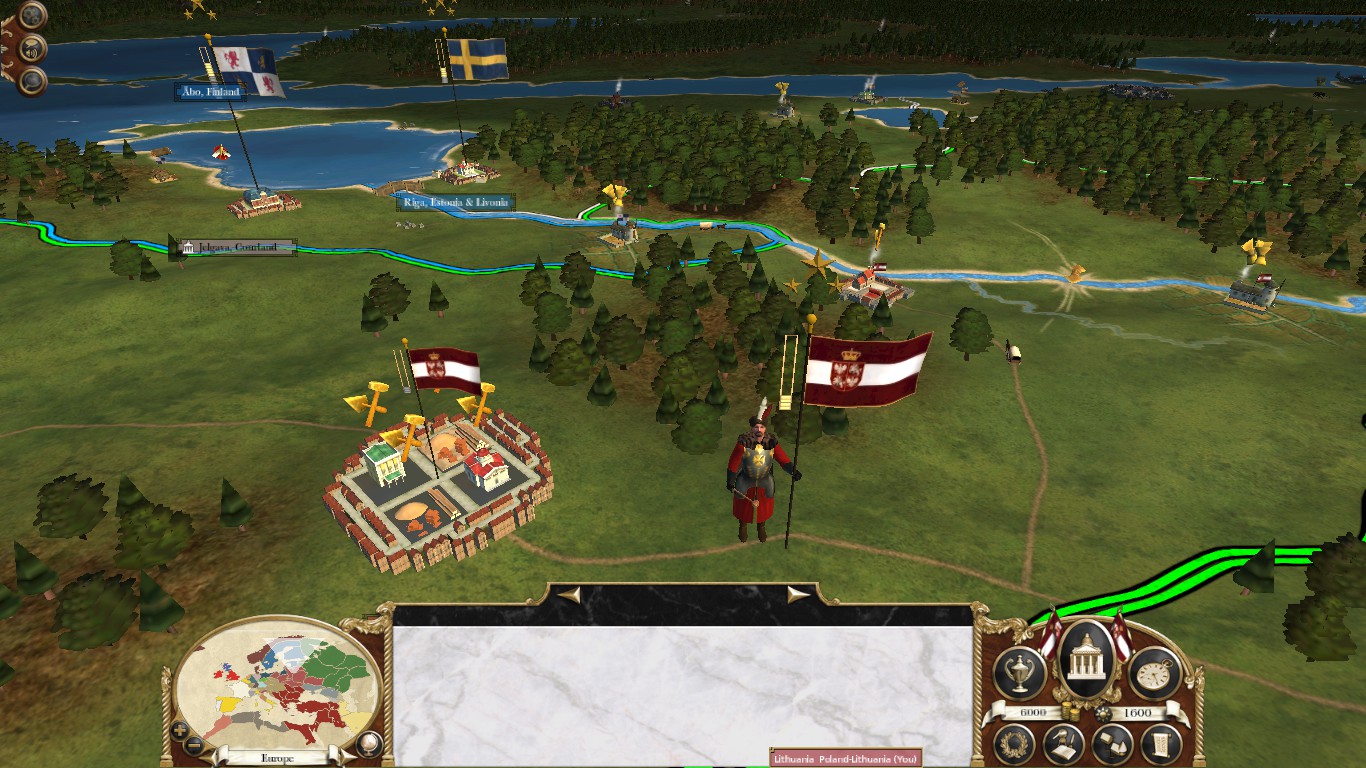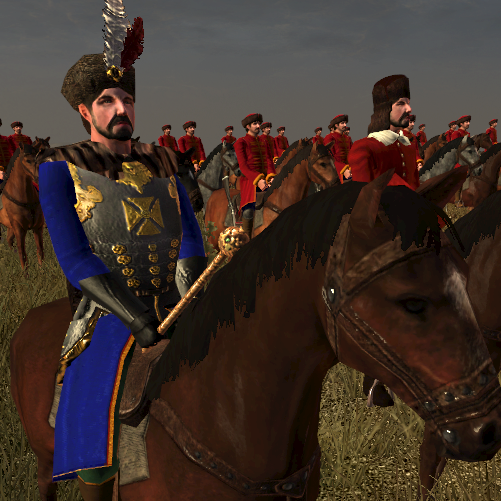

Though peace was not made in agreement, the Dutch did agree to sell the technology for threshing machines to the British for seven hundred forty thousand guilders, allowing the British the technology to show that they were willing to come to a suitable set of terms. Britain had hoped to receive Ireland in whole back from the Dutch at the cost of one million pounds in reparations, while the Dutch wished to maintain both Ireland and acquire Rupert's Land in Canada, but had not asked for monetary compensation.

Britain and the Dutch had joint once again to discuss the terms of the ceasefire, but despite long term negotiations were not able to attain an actual peace treaty. Last episode we discussed the industrial and technological slowdown across the Dutch Empire, and by extension, the world.ġ762 had come and gone. Joining me for these broadcasts are fellow researchers and scholars Doctor Albert Andrews, specialist in German studies from the Berlin academy, Professor Robert Lowe, specialist in French studies at Cambridge, and a graduate student and technical assistant, Anton Thatcher. This is the thirty-eighth part of our 50 episode special on the second 80 years war over Europe. Im Professor David Stephenson, professor of Dutch historical studies at Cambridge. Good evening, and welcome to BBC radio 4. If you want news of the current war in the Middle East please channel in to BBC radio 1.

This series will be running every third day, up to 50 episodes. For the next hour, Professor David Stephenson will be presenting a documentary on the second 80 years war of the eighteenth century. In an hour there will be live coverage of the launching of the HMS King George, first in class of the new King George aircraft carrier.


 0 kommentar(er)
0 kommentar(er)
